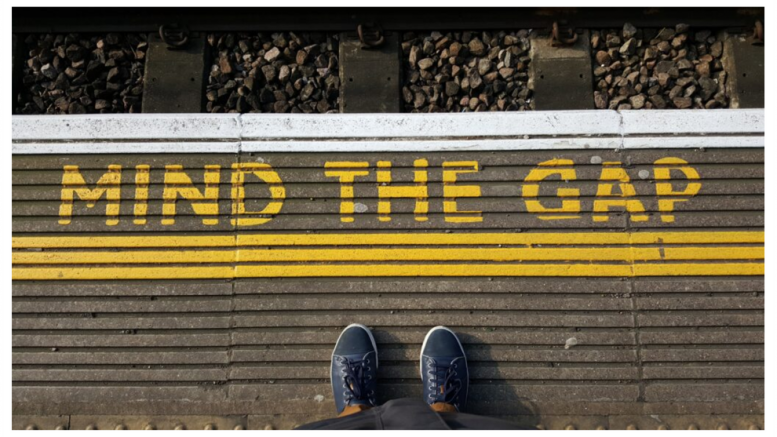It takes a big heart to say sorry!
51% of bosses say they are sometimes reluctant to apologise because they don’t want to look incompetent! *
While on the one hand, apologies are seen as a sign of weakness, on the other willingness to acknowledge mistakes is one of the most powerful yet undervalued aspects of meaningful communication. While many view communication as a give and take of information or expressing thoughts clearly. But it is the ability to recognise and own up to our errors forms which forms the bedrock of trust, growth, and authentic connection in both personal and professional spheres.
At its core, acknowledging mistakes demonstrates emotional intelligence and self-awareness. When we admit to being wrong, we show that we can step outside our own perspective and evaluate our actions objectively. This capacity for self-reflection signals to others that we value truth and understanding over protecting our ego. It creates an environment where honest dialogue can flourish, as others feel safe to be vulnerable and acknowledge their own mistakes in turn.
In professional settings, leaders who openly admit their errors create a psychological safety net that encourages innovation and calculated risk-taking. When team members see that mistakes are treated as learning opportunities, they become more willing to experiment with new ideas and share concerns before small issues become major problems. This culture of openness can be the difference between a stagnant organisation and one that continuously evolves and improves.
However, acknowledging mistakes effectively requires more than simply saying “I was wrong.” A meaningful acknowledgment includes several key elements: taking full responsibility without making excuses, expressing genuine understanding of the impact on others, and outlining concrete steps to prevent similar mistakes in the future. This demonstrates an emotional maturity and commitment to growth.
Consider the difference between these two responses to a missed deadline: ‘I could not finish the work since there was no clarity given’ versus ‘I could have avoided the mistake if I had asked for clarification earlier. My delay affected everyone’s timeline, and I’m sorry for the oversight.’ The second response builds trust and shows a path forward, while the first creates defensiveness and blocks meaningful dialogue.
The ability to acknowledge mistakes also plays a crucial role in conflict resolution. Many disputes escalate not because of the initial error, but because of the defensive reactions and unwillingness to admit fault that follow. When one party has the courage to acknowledge their contribution to a problem, it often breaks the cycle of blame and creates space for collaborative problem-solving.
Cultural and societal factors can sometimes make it challenging to acknowledge mistakes openly. In an environment where there is room for only perfection and, errors are harshly penalised, people naturally become defensive and resistant to admitting wrongdoing. Breaking this pattern requires conscious effort to create spaces where mistakes are seen as natural parts of the learning process rather than character flaws.
This shift in perspective about mistakes can be particularly powerful in educational settings. When teachers and mentors model comfortable acknowledgment of their own errors, they teach students not just about the subject matter, but about resilience, growth mindset, and emotional intelligence. Students learn that knowledge isn’t about being right all the time, but about maintaining curiosity and willingness to learn from missteps.
Digital communication has added new dimensions to the challenge of acknowledging mistakes. The permanent nature of online interactions can make people more hesitant to admit errors, fearing their acknowledgments will be preserved forever or used against them later. However, this very permanence makes honest acknowledgment of mistakes even more valuable, as it creates a public record of growth and learning that can inspire others.
In conclusion, the ability to acknowledge mistakes represents a fundamental aspect of effective communication that goes far beyond simple error correction. It shapes the psychological and emotional environment in which all other communication takes place, determining whether relationships and conversations will be characterised by defensiveness and fear, or by openness and growth. As we navigate increasingly complex personal and professional landscapes, cultivating this skill becomes ever more crucial for meaningful connection and impactful communication.
The views and opinions published here belong to the author and do not necessarily reflect the views and opinions of the publisher.



Be the first to comment on "Mind the Gap: How a Simple ‘Sorry’ Builds Trust and Teams"